Cairo
Is the capital of Egypt and the largest city in the Middle-East and second-largest in Africa after Lagos. Its metropolitan area is the 16th largest in the world. Located near the Nile Delta .
It was founded in AD 969. Nicknamed “the city of a thousand minarets” for its preponderance of Islamic architecture, Cairo has long been a center of the region’s political and cultural life. Cairo was founded by Jawhar al-Siqilli “The Sicilian”,among the Fatimid dynasty in the 10th century CE, but the land composing the present-day city was the site of national capitals whose remnants remain visible in parts of Old Cairo. Cairo is also associated with Ancient Egypt as it is close to the ancient cities of Memphis, Giza and Fustat which are near the Great Sphinx and the pyramids of Giza. Cairo was ranked as the “world’s most 24-hour city” in a 2011 study conducted by the social networking site Badoo, placing it well ahead of other famous big cities such as New York, London or Paris. The study’s rankings were determined by measuring the amount of online activity at night versus during the day and by comparing peak-times for such activity in cities across the world. Cairo’s highly nocturnal lifestyle is attributed not only to young people in nightclubs but also to the importance of cafés, which remain very active at night as social gathering places to smoke shisha, and even to the late-night public activeness of families with children.
Cultural tourism in Egypt Main article: Cultural tourism in Egypt Cairo Opera House Main article: Cairo Opera House President Mubarak inaugurated the new Cairo Opera House of the Egyptian National Cultural Centres on 10 October 1988, 17 years after the Royal Opera House had been destroyed by fire. The National Cultural Centre was built with the help of JICA, the Japan International Co-operation Agency and stands as a prominent feature for the Japanese-Egyptian co-operation and the friendship between these two nations. Khedivial Opera House 1869 Khedivial Opera House Main article: Khedivial Opera House The Khedivial Opera House or Royal Opera House was the original opera house in Cairo, Egypt. It was dedicated on 1 November 1869 and burned down on 28 October 1971. After the original opera house was destroyed, Cairo was without an opera house for nearly two decades until the opening of the new Cairo Opera House in 1988.
Cairo International Film Festival Main article: Cairo International Film Festival Egypt’s love of the arts in general can be traced back to the rich heritage bequeathed by the Pharaohs. In modern times, Egypt has enjoyed a strong cinematic tradition since the art of filmmaking was first developed, early in the 20th century. A natural progression from the active theatre scene of the time, cinema rapidly evolved into a vast motion picture industry. This together with the much older music tradition, raised Egypt to become Hollywood Middle East and the cultural capital of the Arab world.
Good to Know
Country
Egypt
Visa Requirements
Egypt Entry Visa is required For entering Egypt including all Cities.
Languages spoken
Arabic, English
Currency used
Egyptian Pound (EGP), Unites States Dollar (USD), Euro (EUR)
Area (km2)
1.002.000 km2
Municipalities
Top landmarks in Cairo : The Cairo Tower is a free-standing concrete tower located in Cairo, Egypt. At 187 m (614 ft), it has been the tallest structure in Egypt and North Africa for 50 years. It was the tallest structure in Africa for 10 years, until 1971 when it was surpassed by Hillbrow Tower in South Africa. One of Cairo’s well-known landmarks, it stands in the Zamalek district on Gezira Island in the River Nile, close to Downtown Cairo. The Gezira Center for Modern Art, also known as the Egyptian Modern Art Museum, is an art museum for modern and contemporary art, located in Cairo, Egypt. It is part of the National Cultural Center with the Cairo Opera House, on Gezira Island, just across the Nile on Qasr el-Nil Street west of downtown Cairo. The Cairo Opera House is a part of Cairo’s National Cultural Center, is the main performing arts venue in the Egyptian capital. Home to most of Egypt’s finest musical groups, it is located on the southern portion of Gezira Island in the Nile River, in the Zamalek district west of and near downtown Cairo. The opera house was inaugurated on October 10, 1988. The funds for the complex were a gift from the nation of Japan to Egypt as a result of President Hosni Mubarak’s visit to Japan in April 1983. Construction began in May 1985 and lasted for three years. In October 1988, President Mubarak and His Imperial Highness, Prince Tomohito of Mikasa, the younger brother of the Japanese Emperor, inaugurated the National Cultural Centre Cairo Opera House. It was the first time for Japan to stage a Kabuki show, a traditional popular drama with singing and dancing, in Africa or the Arab World. In recognition of the Cairo Opera House, the London Royal Philharmonic Orchestra chose it as a venue for their first performance in the Middle East and Africa in January 2007. The Coptic Museum in Cairo is located inside the ruins of the Roman Babylon Fort in Maser El Qadema in Coptic Cairo Center, an area which is full of Coptic Churches and chapels like the famous hanging Church and the Church of St Barbra.
Khan el-Khalili is a major souk in the Islamic district of Cairo. The bazaar district is one of Cairo’s main attractions for tourists and Egyptians alike. The souk dates back to 1382, when Emir Djaharks el-Khalili built a large caravanserai in Cairo under the Burji Mamluk Sultan Barquq; the eponymous khan is still extant. By the time of Barquq, the first Circassian Mamluk Sultan (1382–1399) much reconstruction needed to be done within the walls of the city in order to repair the damage incurred as a result of the Black Death. When Barquq started his madrassa in Bayn el-Qasrayn, markets were rebuilt, and Khan el-Khalili was established.It was also known Turkish bazaar during the Ottoman Empire. In addition to shops, there are several coffeehouses, restaurants, and street food vendors distributed throughout the market. The coffeeshops are generally small and quite traditional, serving Arabic coffee and usually offering shisha. The al-Hussein Mosque is also in Khan el-Khalili; Al-Azha University and its mosque are not far away.
Leave a Reply:
You must be logged in to post a comment.



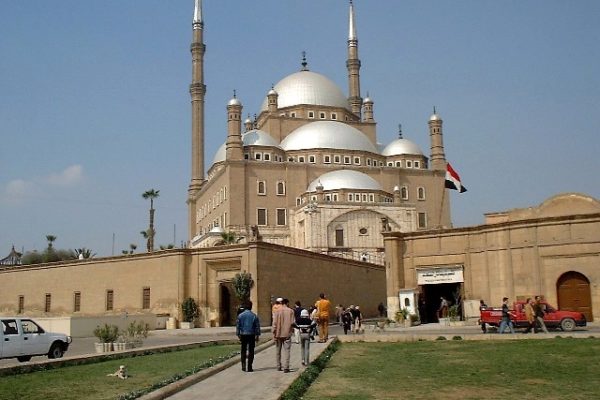

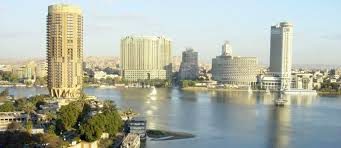

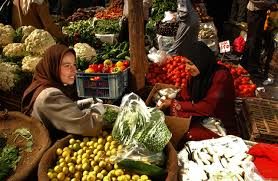
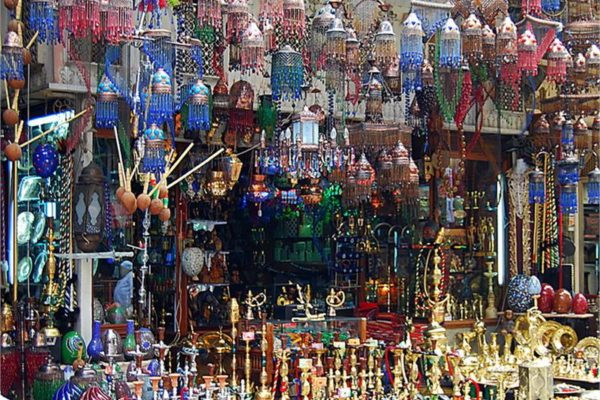
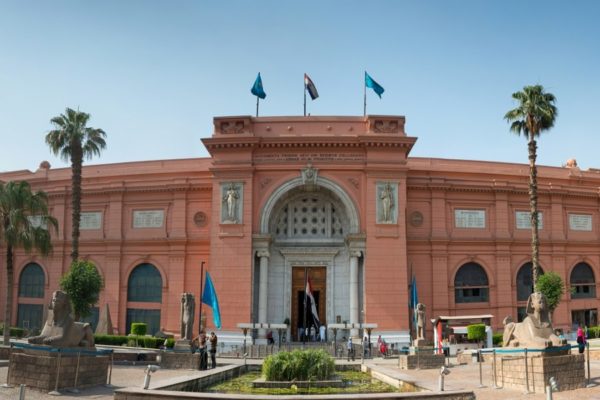

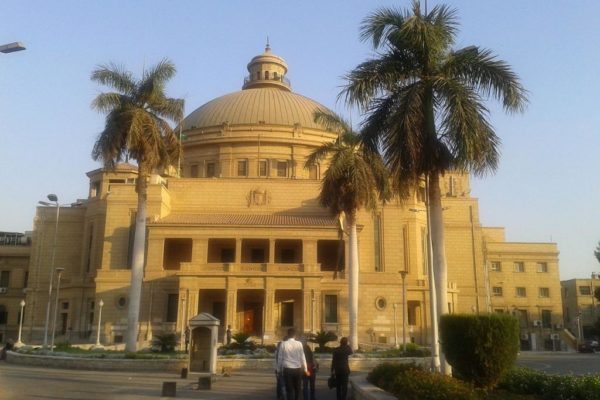
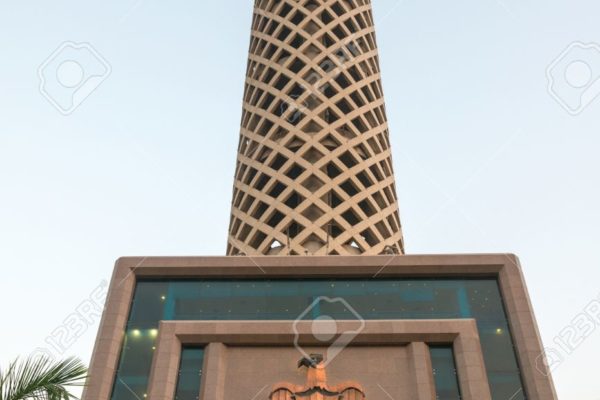
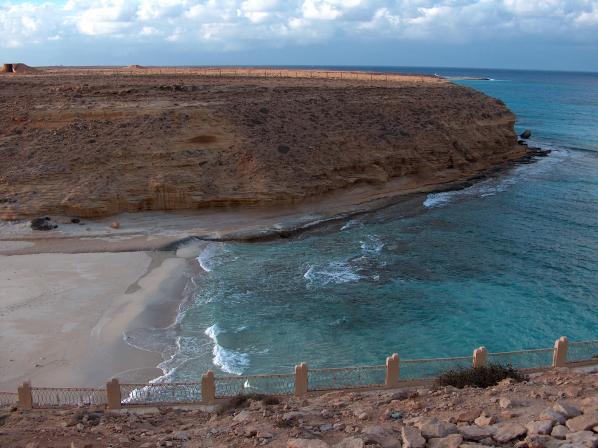
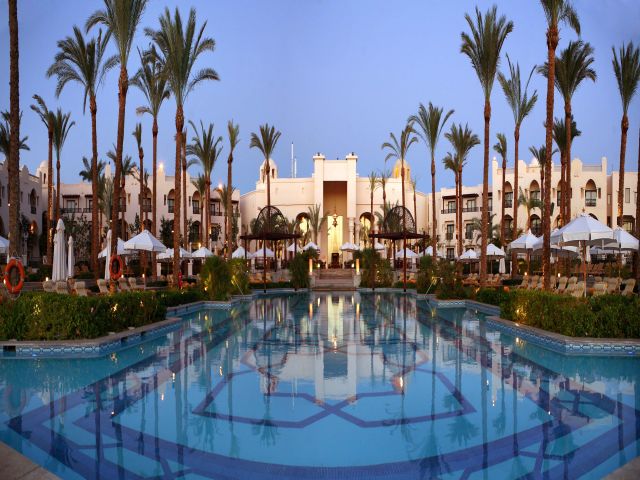

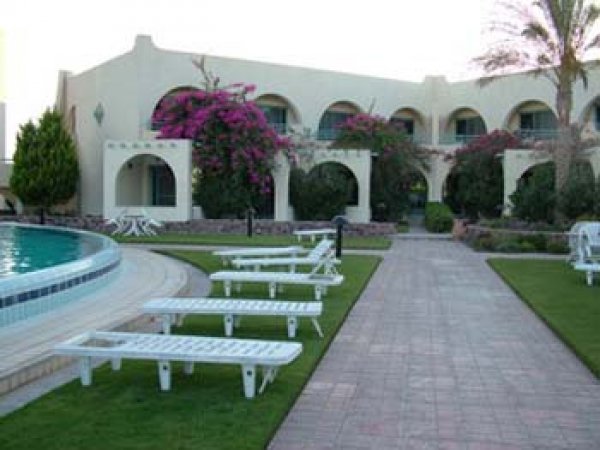

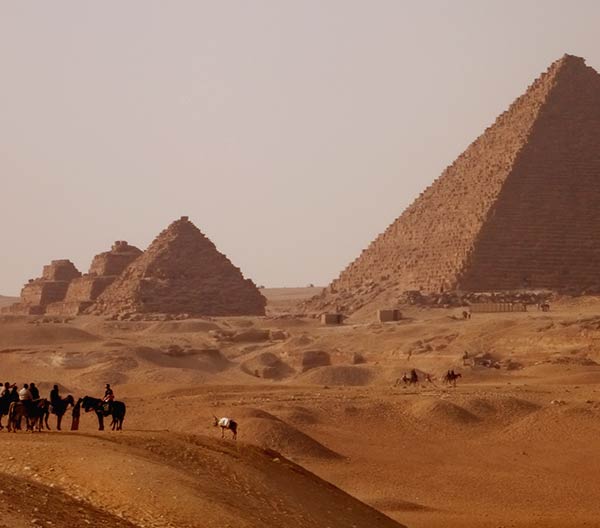


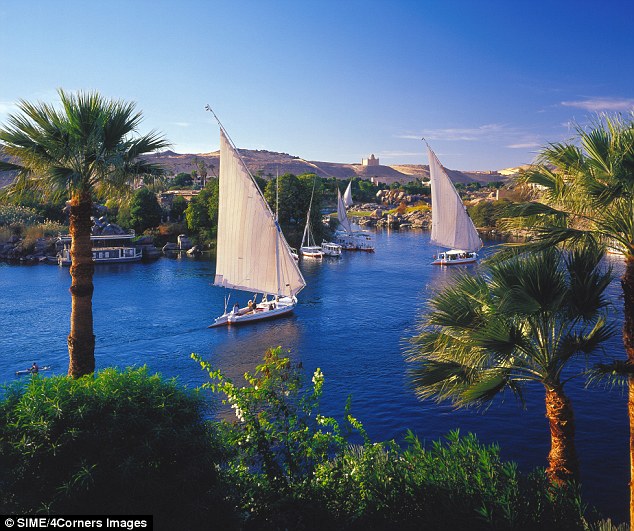
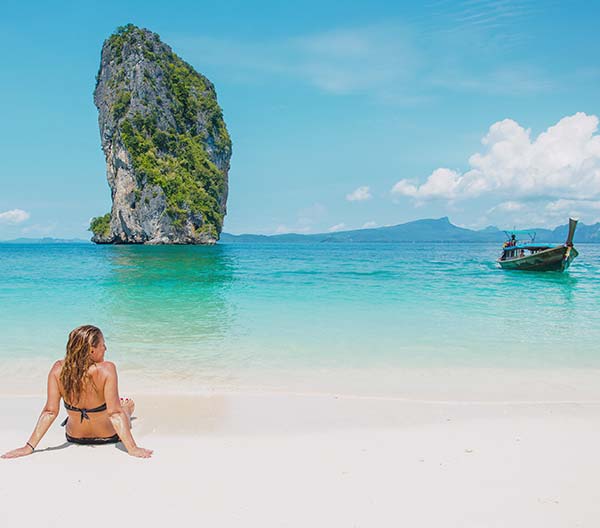
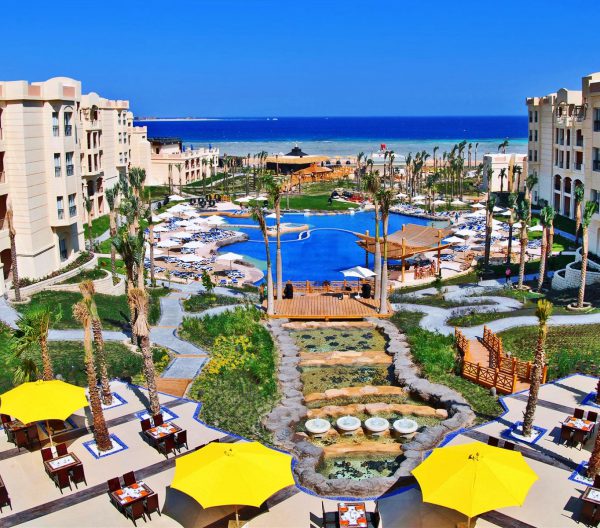
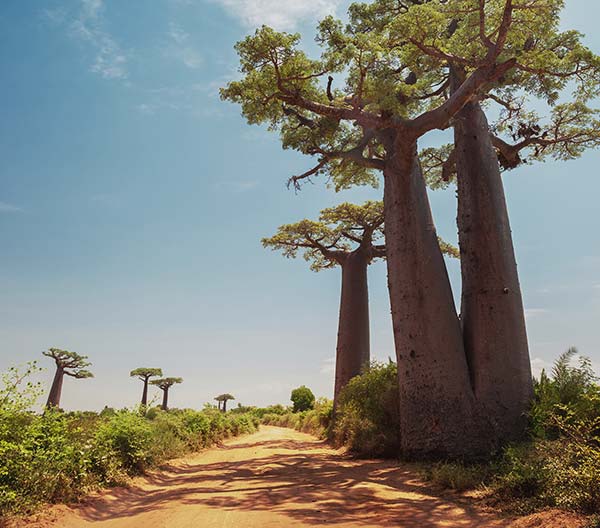

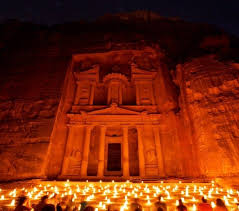

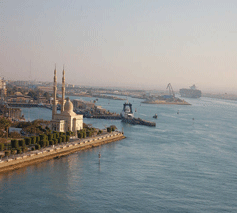



No Comments